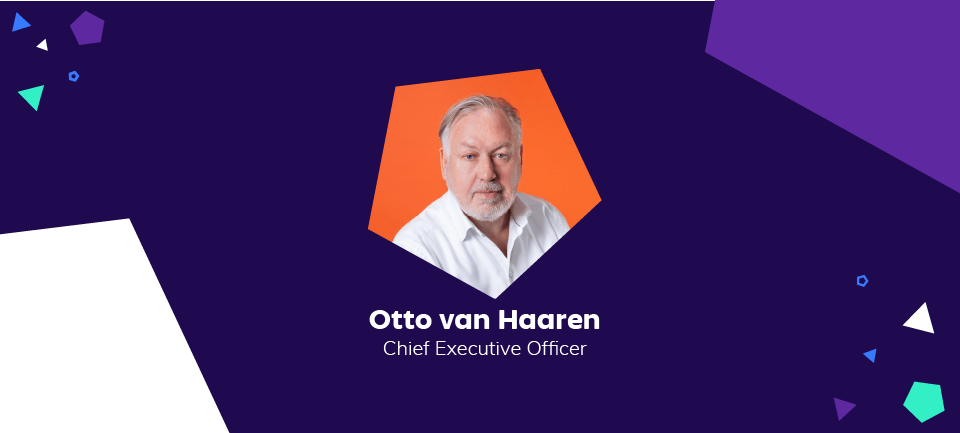6 May 2025
The three secrets of work from home productivity
Words by Otto van Haaren
Reading time 3 min

Words by Otto van Haaren
Reading time 3 min

Because 95% of our team works from home and we have been working this way for over 15 years I feel confident that I can help people to understand what it is really like to build a work from home strategy. There are so many ‘experts’ online at present, but who has real knowledge? You might want to ask if their observations are based on real experience or they just started reading McKinsey reports about the COVID-19 crisis and are now sharing those same ideas.

Productivity is a good example. I have seen dozens of experts repeating the fact that you can increase productivity with a work at home team. Usually, they all say that this is because work-from-home (WFH) don’t need to commute to an office and don’t have all the distractions they might have in the office – all those water-cooler conversations.
This may sound logical, but I will tell you the real reason why home-based team members are more productive – trust.
This requires a complete cultural change for many managers and companies. If you run your organization like a general issuing orders to subordinates then you are not going to succeed in this new world. And believe me, this is the new normal for business. If you believe that companies are going to return to command and control hierarchies after this crisis is over then good luck hiring anyone in 2021.
There are three important aspects of WFH productivity that the ‘experts’ are not telling you:
1. Trust: these are your team members. They are people. They help your business. Don’t treat them like numbers or money-making cogs in a big anonymous machine. Trust them to deliver and don’t manage them like you are running a factory and punishing those who fall behind.
2. Independence: you are hiring people for what they know. Give them some independence to handle customers in the best way that helps the customer. Let them decide what is best, don’t script every conversation or force the agents to do something that is not going to help improve a situation.
3. Subject matter expertise: most companies demand academic qualifications and it is important to have these just to prove a certain level of intelligence and ability to learn, but we hire people for their domain knowledge – knowledge of the things they love. You might have studied politics at university, but your main hobby outside of work is wine tasting, or brewing beer, or playing League of Legends. Almost everyone has domain knowledge that has nothing to do with their academic qualifications.
Maybe I shouldn’t be saying this publicly because these ideas are a part of the 5CA ‘secret sauce’, but then I don’t think traditional contact centers can change their culture overnight. They hire people, call them FTEs, and plug them into a spreadsheet.
When we build a customer service function for a beer company, we hire people who love brewing. When we build a solution for a gaming company we hire gamers. Then we give these people independence and we trust them to help every customer they interact with.
This is why our team is more productive and it’s why we don’t need to have conversations about attrition. Trust your team, give them the right tools and support, and let them achieve the best possible work/life balance and they will enjoy helping those gamers and beer enthusiasts – rather than just punching the clock and watching the minutes pass by until the end of a shift.
Trust. That’s the secret to productivity. Our team offers any language, any skill, anywhere – even beer.

Photo by Quinn Dombrowski licensed under Creative Commons.